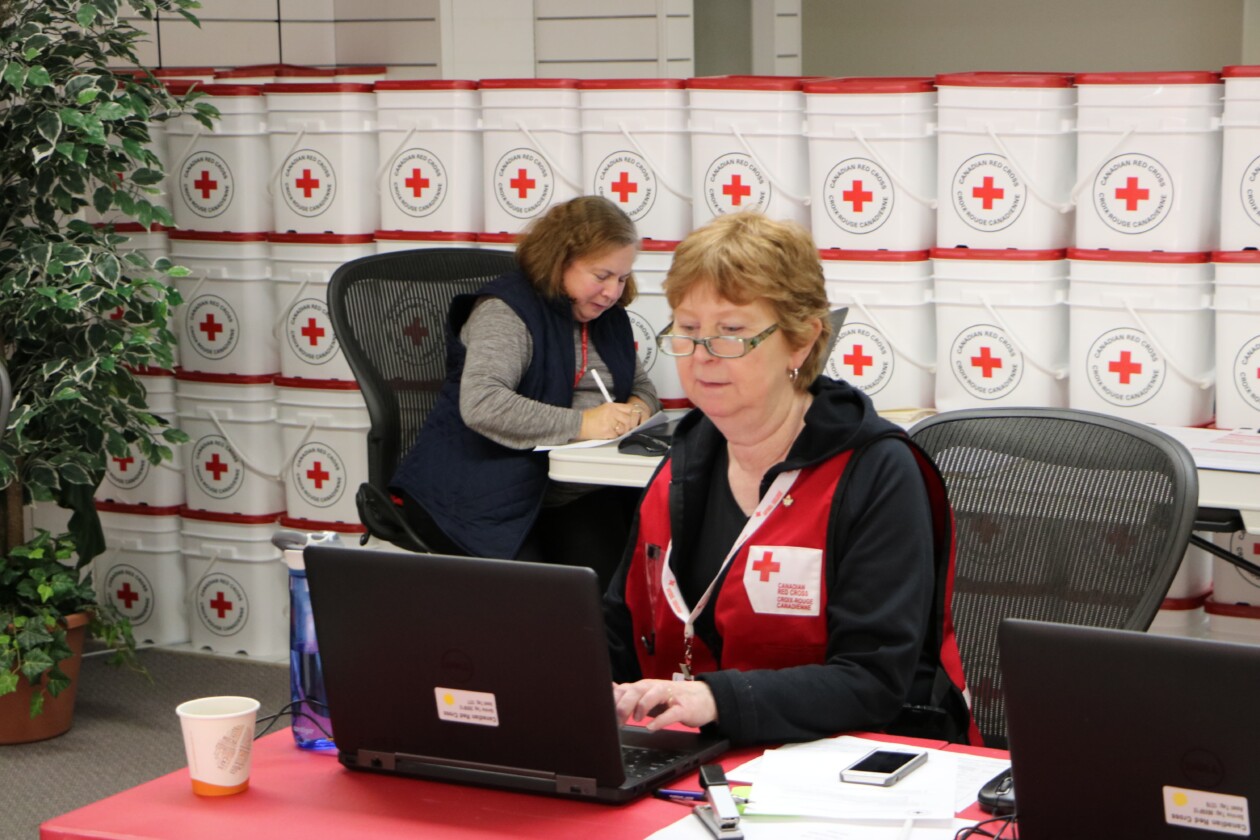Your Genesys Blog Subscription has been confirmed!
Please add genesys@email.genesys.com to your safe sender list to ensure you receive the weekly blog notifications.
Subscribe to our free newsletter and get blog updates in your inbox
Don't Show This Again.

Bank closures. Rising interest rates. Persistent inflation. Economic conditions in the US and abroad could indicate a recession ahead — and many consumers expect it to be severe.
This environment remains especially difficult for nonprofit organizations worldwide, which are being forced to find additional cost savings within tightly controlled budgets. Worse, these charitable organizations are facing an unprecedented staffing gap, with many struggling to recruit staff at a pace that meets demands.
Many nonprofits using traditional business intelligence (BI) platforms struggle to measure their donor journeys through the stages of giving. These BI systems prove valuable in the siloed measurements of marketing events, contact center service levels and digital traffic. But consolidating this information into a single view of donor behavior involves a lot of resources. And it makes it difficult to produce insights quickly.
As we settle into the post-pandemic era, nonprofits need to introduce new behavioral attribute data and analyze it across all the systems of engagement. Let’s explore how leading charitable organizations are using customer journey management for rapid data analysis — and to revamp the customer experience strategy to ultimately improve donor engagement and increase giving.
Leading nonprofits are gaining exceptional insights by understanding the intricacies of donor campaigns, including response rates, wallet share and ease of donor effort. These insights help them see friction points in efforts to raise funds during campaigns, use machine learning models to identify ineffective strategies and boost revenue generation.
The Canadian Red Cross (CRC), part of the largest humanitarian network in the world, has transformed its donation journeys by leveraging the Pointillist® by Genesys Customer Journey Management platform. CRC used this end-to-end platform to integrate data from its multiple campaign, web and contact center platforms; analyze prospect and donor behavior to maximize its contribution efforts; and control costs across all engagement channels. It emphasized increasing its response rates, understanding friction and fallout within donor journeys, and measuring the effectiveness of strategy changes across its donor interactions.
“We had a major channel silo issue at the Canadian Red Cross, particularly with our direct marketing channels,” said Andrew George, Director of Direct and Integrated Marketing at CRC. “Nobody had any view on how it all worked together. It just leads to a really incongruent donor or customer experience.”
CRC started out by identifying how its business priorities aligned with the priorities of its donors. Then, the Canadian Red Cross used Pointillist to integrate interaction data from its donor website, marketing campaign system, contact center, CRM system, email software and Google Analytics. This enabled it to fully visualize the donor journey.
By combining prospect and repeat donor engagement data into a single platform, CRC was able to understand which journeys led to successful revenue conversion while also understanding failed efforts. This way, the team can engage with donors individually at optimal points along their journey, using the most effective channel to improve outcomes.
“We use Pointillist to visualize and analyze that donor behavior,” said George. “The platform enables us to integrate data from all our customer touchpoints across time and channel into one view. It reveals the actual paths that donors would take across channels over time — and not just how we wanted them to do it — and we’ve been able to link donor behavior to our actual key performance indicators.”
The CRC and Pointillist strategy targeted donor attribute behavior, contact center interactions and website traffic associated with campaign efforts for prospect and repeat donors to increase revenue while controlling operating costs. As a result, CRC has achieved new and unique insights from this customer journey management strategy.
For a charity, the goal is to have automatic recurring donations coming in; however, lapsed donations are a frequent occurrence on a donor lifecycle — and therefore a top priority for nonprofit organizations to reengage with these donors.
CRC wanted to improve its operations and experiences for customers to reactivate their recurring donations more easily. Its analysis focused on understanding the fallout points — the step at which donors ended their recurring donation journey — the operations behind reactivation and how they could be improved.
As a result, it discovered two key problem areas in the donor reactivation journey: failures to reach out to all qualified donors for reactivation and operational gaps where donors who confirmed weren’t reactivated. This analysis showed that CRC could improve its reactivation rate by 20% by engaging with the right customers based on their behavior.
Like many nonprofits, CRC executes a holiday campaign to garner donations at the end of each year. But when it decided to focus the campaign on showing the impact of donations on the donor’s community, the campaign failed to produce the desired results.
“After analyzing the journey using Pointillist, what we learned was that this great new experience had doubled the amount of time it took for the customer to make their donation on the website — from about two and a half minutes to nearly six minutes,” said George. “Based on the journey analysis, we decided to stick with a simpler approach for next year’s campaign.”
In an uncertain economic environment, nonprofit organizations need real-time technology that helps them analyze donation campaigns at scale, understand touchpoints where donors are falling out as well as why — and engage them in the right ways to reactivate them.
Discover how customer journey management can empower your nonprofit to use data and insights to become more customer-centric so it can understand prospect and donor behavior, identify friction in your processes and engage donors in just the right ways.
Read the full case study to learn more about how CRC leveraged Pointillist to achieve new and unique customer journey insights.
Subscribe to our free newsletter and get blog updates in your inbox.
Related capabilities: